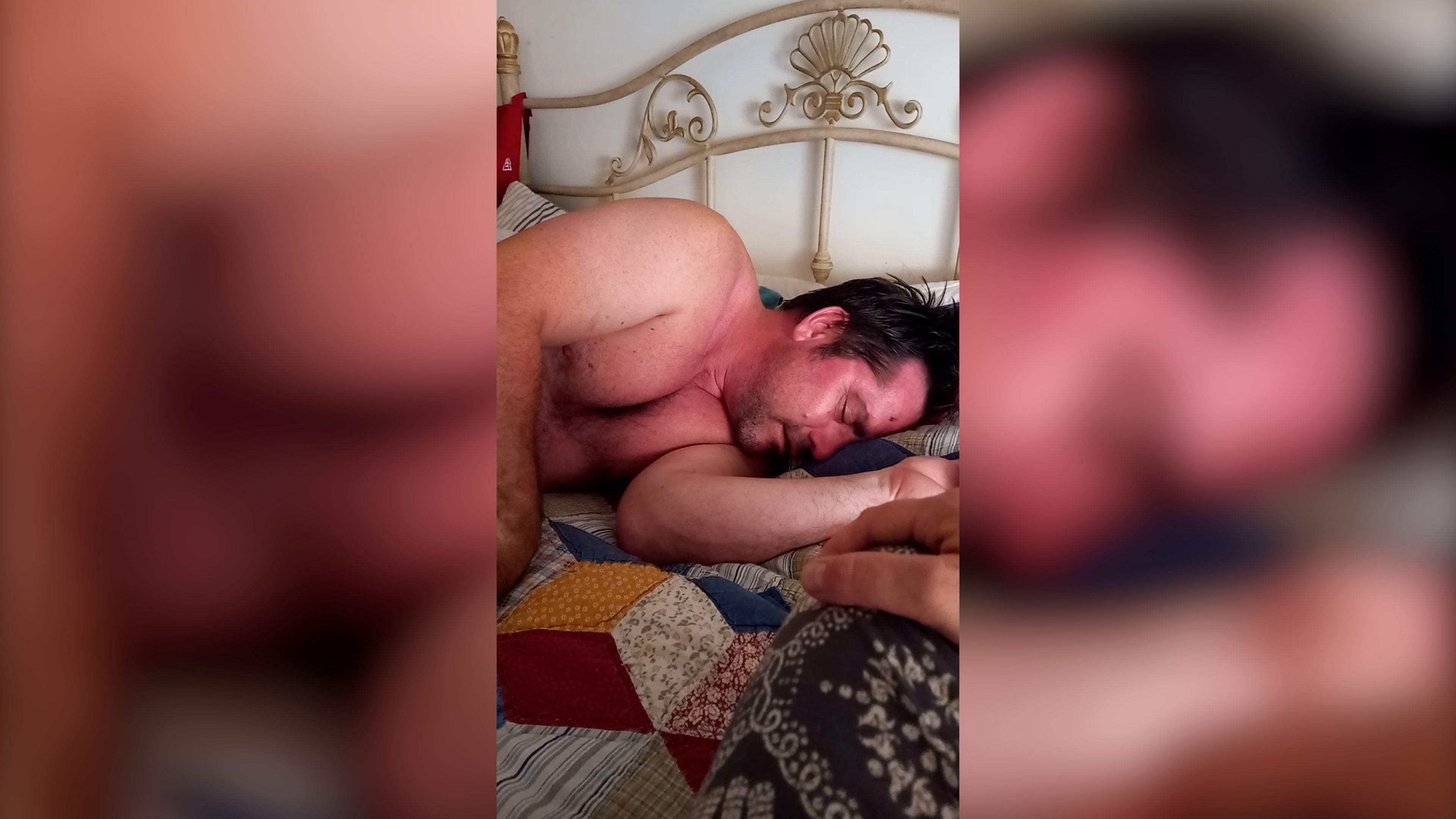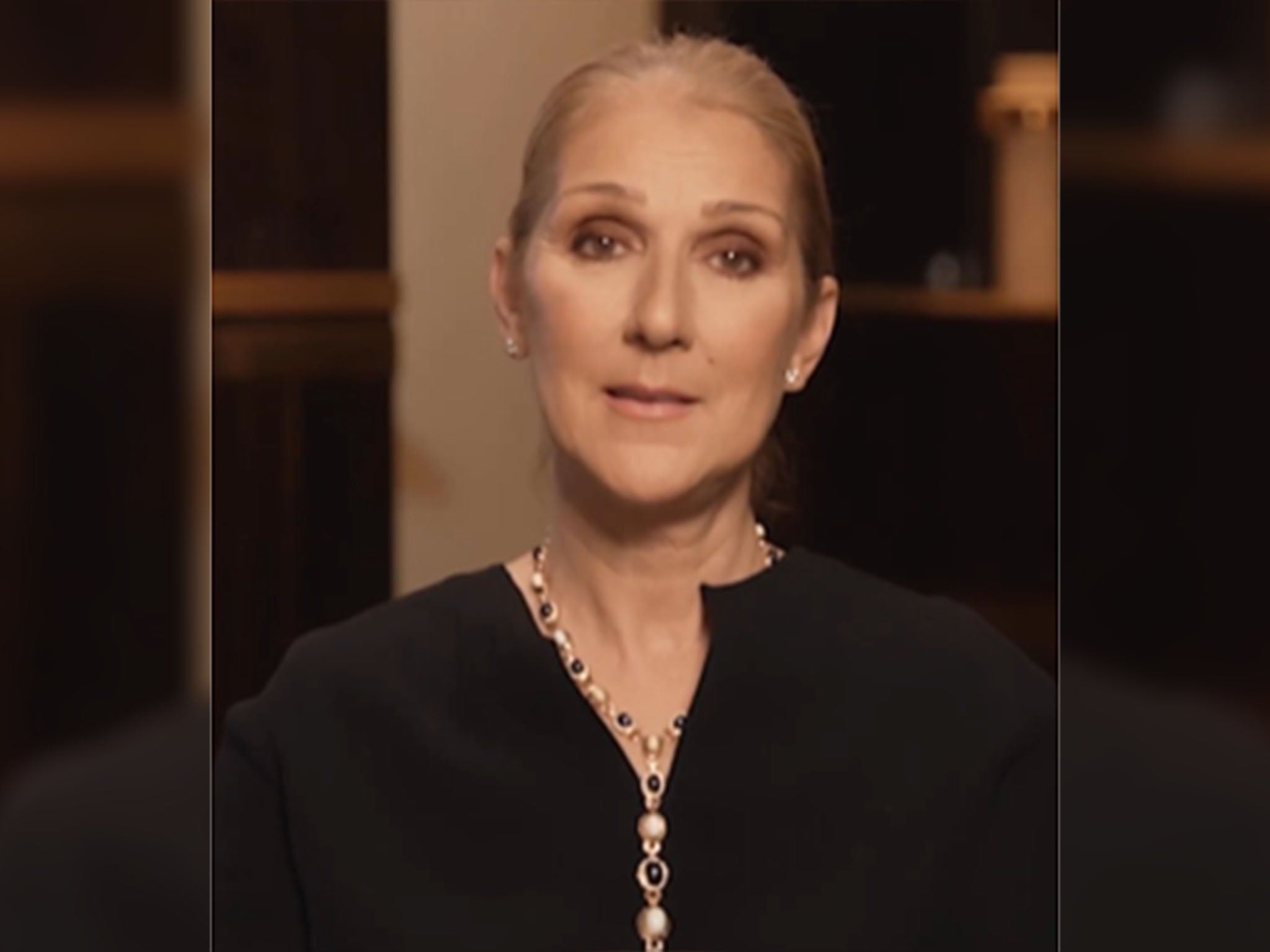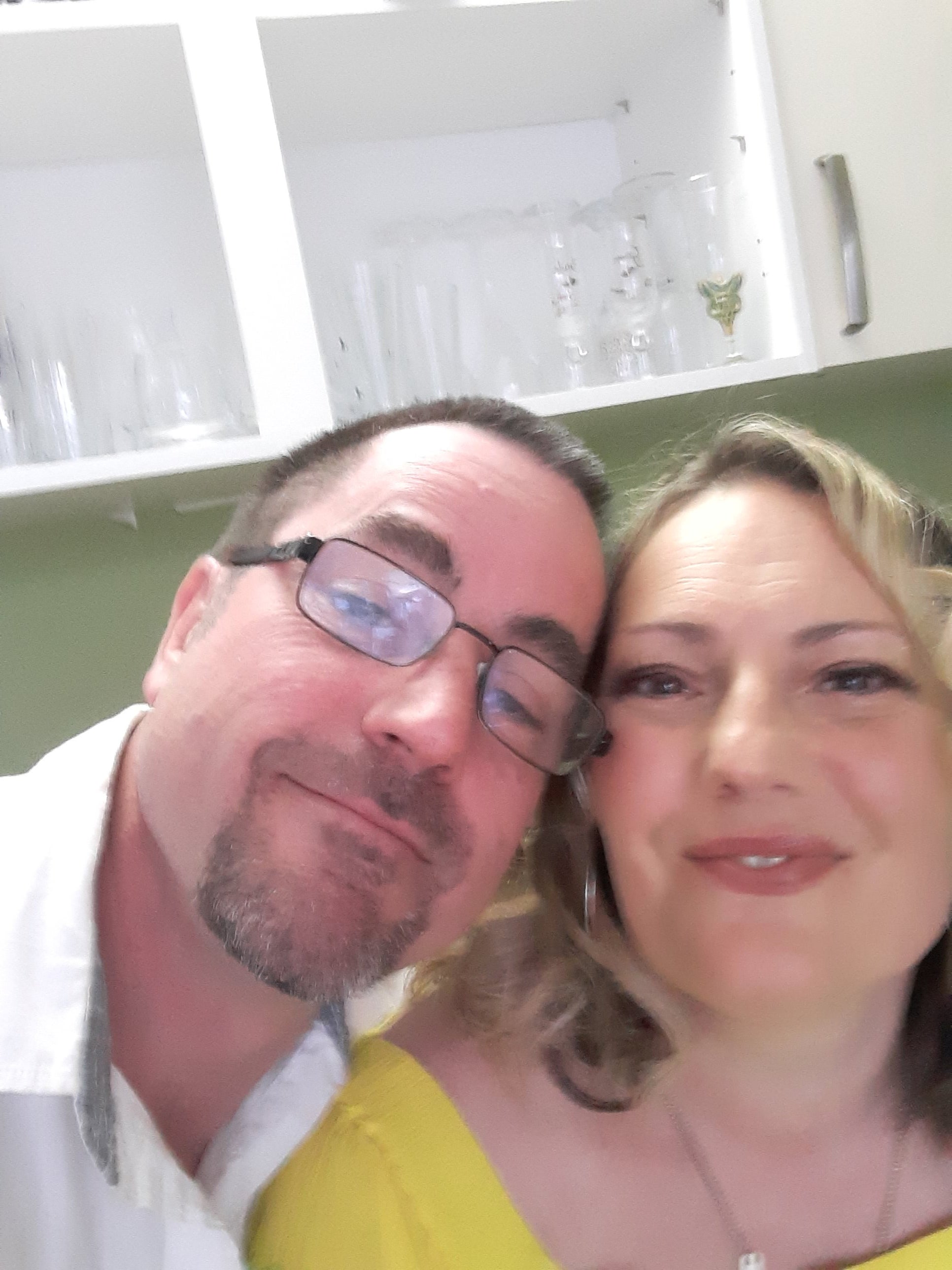Father diagnosed with same one-in-a-million condition as Celine Dion unable to hug family
The rare, progressive neurological disorder causes stiff muscles in the torso, arms and legs
Your support helps us to tell the story
From reproductive rights to climate change to Big Tech, The Independent is on the ground when the story is developing. Whether it's investigating the financials of Elon Musk's pro-Trump PAC or producing our latest documentary, 'The A Word', which shines a light on the American women fighting for reproductive rights, we know how important it is to parse out the facts from the messaging.
At such a critical moment in US history, we need reporters on the ground. Your donation allows us to keep sending journalists to speak to both sides of the story.
The Independent is trusted by Americans across the entire political spectrum. And unlike many other quality news outlets, we choose not to lock Americans out of our reporting and analysis with paywalls. We believe quality journalism should be available to everyone, paid for by those who can afford it.
Your support makes all the difference.A man diagnosed with the same one-in-a-million condition as Celine Dion has described how it’s left him unable to hug his family or live independently.
Dominic Alderson, 49, was diagnosed with Stiff Person Syndrome (SPS) in April 2021 after he started suffering from “horrific” spasms.
Before his diagnosis, Mr Alderson lived a “normal, healthy life” with his wife Leann, 45, a social worker, and their two children Rebecah, 16, and Harry, 15.

Mr Alderson was sent for tests at North Devon District Hospital in Barnstaple, where he was seen by a neurologist who identified his symptoms as being caused by SPS.
Since his diagnosis, Mr Alderson has been unable to do many of the activities he previously could, such as driving, cleaning, cooking, and walking the dog – and is even unable to hug his family.
The rare, progressive neurological disorder causes stiff muscles in the torso, arms and legs. It can also result in a higher sensitivity to noise, touch, and emotional distress, which can set off muscle spasms.
Celine Dion has recently announced that she suffers from the condition, which affects roughly one or two in a million people. It has caused the singer to postpone dates for her European tour next year.

Mr Alderson, a battery operative from Barnstaple, Devon, said: “I can’t do a lot of the things that I did. One thing about SPS is it is a neurological disorder similar to multiple sclerosis – you can have good days and bad days.
“On the good days you can do a lot, but on the bad days you are spasming all day. I have fallen down the stairs, fallen in the kitchen – it is not just the spasms; there is a rigidity that comes with it. My legs lock, my thighs will be trying to push outwards and my calf will be trying to push inwards.”

Mr Alderson was first diagnosed with SPS in April 2021. Despite it only affecting approximately one in a million individuals, fortunately the doctor had seen it once before in his career – meaning Mr Alderson received a rare early diagnosis.
The father of two said he first started noticing symptoms at the start of the pandemic, when he stopped going to the gym. He said he would have sudden bursts of energy before going to sleep, and that he would start twitching on the way home from work.

Mr Anderson put all this down to the fact that he had stopped going to the gym – something he would do five or six times a week before lockdown – until one night when he got home from a night shift, climbed into bed and started spasming.
”I thought it was Covid. I went to the doctor and my body was raising off the seat due to spasms, and my arms would cramp up,” he said. “When they saw me, they sent me straight to the hospital.”
In April 2021, Mr Alderson spent two weeks at the Royal North Devon Hospital where he was given the diagnosis of SPS. While he was there he was given MRI and CT scans and had blood samples taken. He was also given intravenous immunoglobulin, a treatment for patients with antibody deficiencies.

On 26 May that year, he was admitted into hospital again as a precaution following an exacerbation of his condition.
Mr Alderson said: “I am married with kids. For me, what was going through my head, I thought I was going into hospital with something and they would cure me. I was a fit person – I would walk my dogs, go to the gym, I used to play golf. I was a football coach. I was very active; it was a shock.
“I was admitted to hospital again on 5 June 2021, and the next day I was sent to the Royal Devon and Exeter Hospital where I was put under observation. I was given plasma exchange, where blood is removed from the patient and separated so that the plasma can be discarded.
“I was then discharged on 18 June and given medications to try and control my condition.”

The medications Mr Alderson was put on included muscle relaxants, steroids and immune suppressants to help stop his uncontrollable spasms. He says that the disease has completely changed his life, meaning he can no longer do the daily activities he was used to doing beforehand.
He said: “I am at a higher risk of falling over, and there is a 40 per cent chance of me being in a wheelchair. I already use a stick around the house, I use a pole to go outside too and that helps.
“I can’t go into shops because of the artificial lighting, any artificial lighting will set me up in spasms. I can’t hug my wife or children; even if someone brushes against me I start to spasm. I have lost all my freedoms. It is my wife that gets it all in the neck; she does a lot for me and so do my kids.”






Join our commenting forum
Join thought-provoking conversations, follow other Independent readers and see their replies
Comments